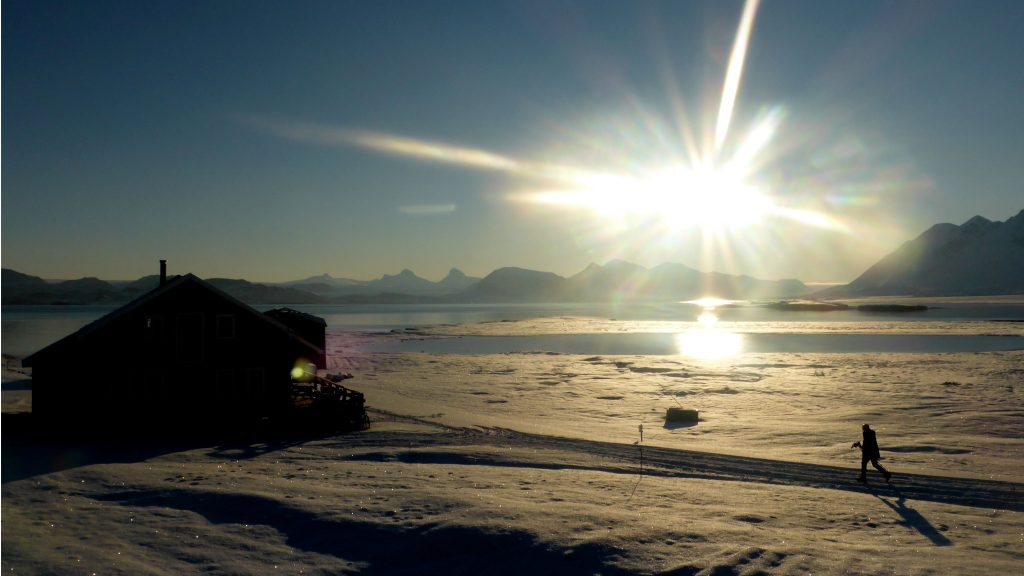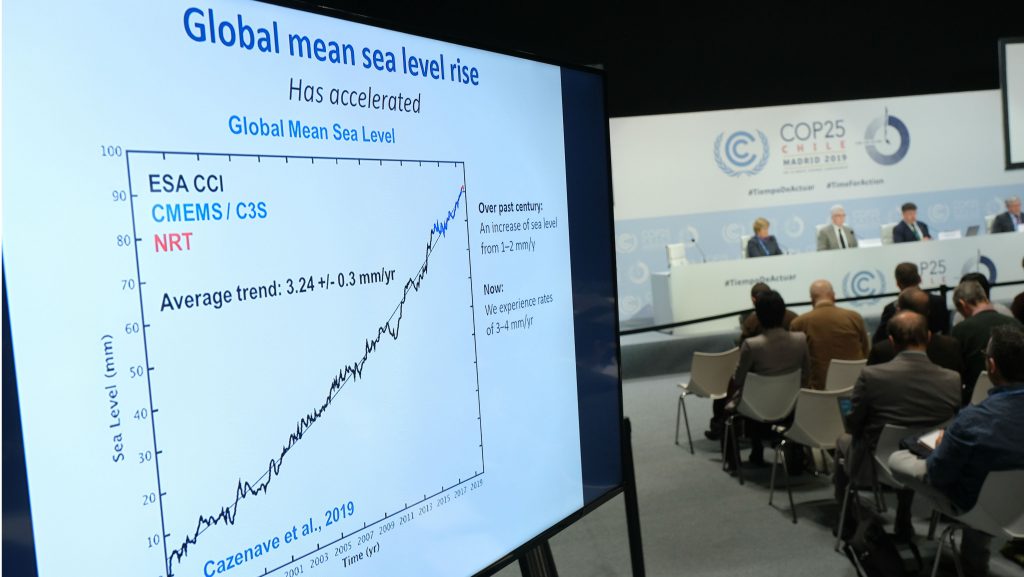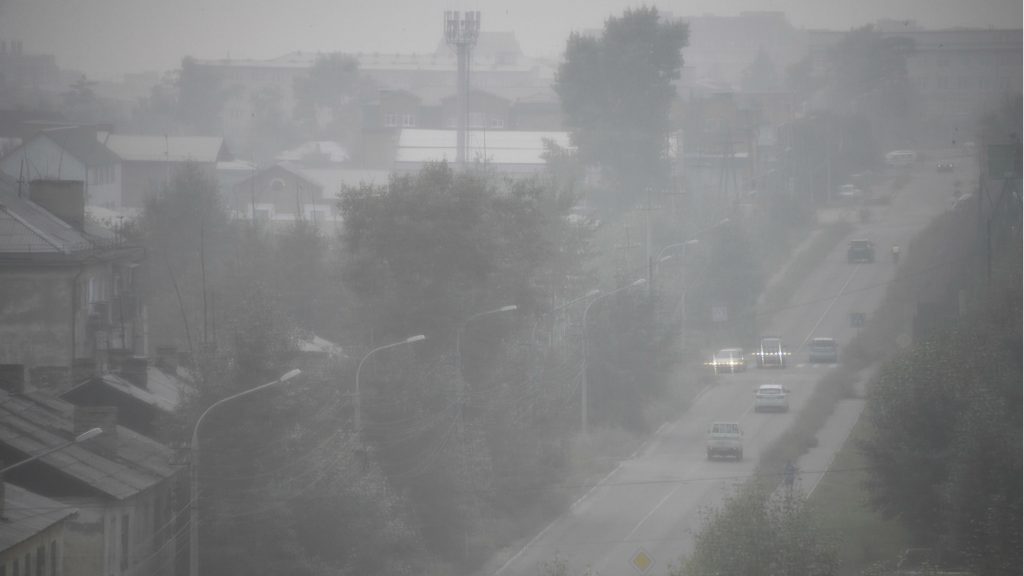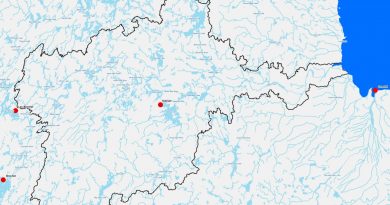2019 shaping up to be the second or third warmest year on record, says WMO provisional report

The WMO Provisional Statement on the State of the Global Climate in 2019, released this week, says the global average temperature in 2019 (January to October) was about 1.1 degrees Celsius above the pre-industrial period.
“If we do not take urgent climate action now, then we are heading for a temperature increase of more than 3 degrees Celsius by the end of the century, with ever more harmful impacts on human wellbeing,” said WMO Secretary-General Petteri Taalas in a news release on Tuesday.
“We are nowhere near on track to meet the Paris Agreement target.”

Arctic
- Large areas of the Arctic, central and eastern Europe, southern Africa, mainland south east Asia, parts of Australia, north and northeast Asia and parts of Brazil, experienced notable warmth so far in 2019
- The 2019 Arctic winter maximum daily sea-ice extent (14.78 million square kilometres around March 13) was the 7th lowest maximum on record
- The Arctic summer minimum daily sea-ice extent (4.15 million square kilometres around 18 September) was tied with 2007 and 2016 for the 2nd lowest on record
Acceleration of global mean sea level rise
- Rate of sea level rise has increased, due partly to melting of ice sheets on Greenland and Antarctica
Wildfires
- 2019 an above-average fire year in several high latitude regions including Siberia and Alaska, with fire activity occurring in some parts of the Arctic where it was previously extremely rare, says the report
The report also focuses on how extreme climate is increasingly affecting human health including driving global hunger and displacements. It singles out Cyclone Idai in southeast Africa, Cyclone Fani in south Asia, Hurricane Dorian in the Caribbean and flooding in Iran, the Philippines and Ethiopia.
“On a day-to-day basis, the impacts of climate change play out through extreme and “abnormal” weather,” Taalas said.
“And, once again in 2019, weather and climate related risks hit hard. Heatwaves and floods which used to be “once in a century” events are becoming more regular occurrences. Countries ranging from the Bahamas to Japan to Mozambique suffered the effect of devastating tropical cyclones. Wildfires swept through the Arctic and Australia.”

The provisional report published this week coincides with the COP 25 conference currently underway in Madrid. The main goal of the meeting is to move forward on areas like transparency of climate action, finance and other issues in order to fully put into operation the Paris Climate Change Agreement ahead of 2020, when countries have pledged to submit their new and updated plans for national climate action.
The main goal of the Paris climate agreement, reached in 2015, is to keep global temperature increase to less than 2 degrees Celsius above pre-industrial levels.
The WMO report with complete 2019 data will be published in March 2020.
Write to Eilís Quinn at eilis.quinn(at)cbc.ca
Related stories from around the North:
Canada: International Inuit leaders and youth take climate message to COP25 in Madrid, Eye on the Arctic
Finland: Warmer, drier summer than usual in most of Finland, Yle News
Greenland: Greenlanders stay chill as the world reacts to their heatwave, CBC News
Iceland: Former U.S. Secretary of State John Kerry calls for climate action at Arctic Circle assembly, The Independent Barents Observer
Russia: Warm winter expected across the Arctic, The Independent Barents Observer
Sweden: IPCC climate report warns “extreme sea level events” will occur frequently, Radio Sweden
United States: The Arctic shipping route no one is talking about, Cryopolitics Blog



